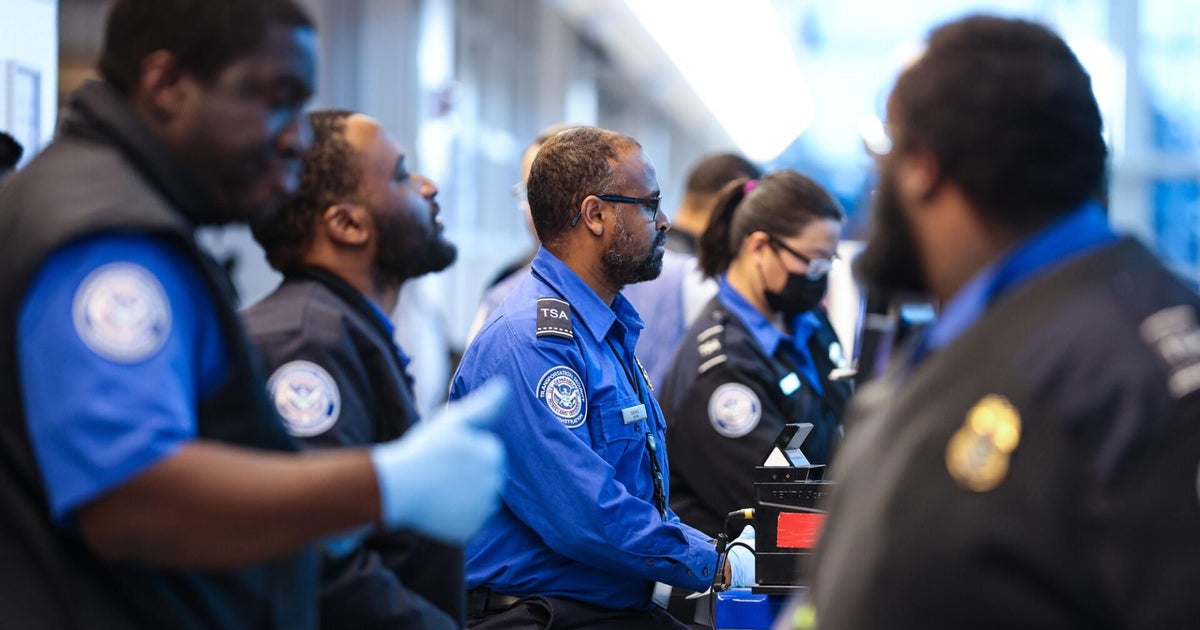HealthWatch: Melanoma Medication
NEW YORK (CBS 2) -- Researchers say vemurafenib is a breakthrough and cause for celebration when it comes to slowing melanoma, the deadliest form of skin cancer, Dr. Max Gomez reports.
"Patients who get the vemurafenib sometimes within 72 hours are already much better, off of pain medicine, maybe off of oxygen," said oncologist Dr. Lynn Schuchter.
Unlike chemo, which attacks healthy and unhealthy cells, this drug works by targeting only a genetic mutation blamed for increasing the cancerous cells. It's called B-RAF, and the mutation is present in half of all melanoma patients.
Since vemurafenib targets only the mutated genes, it appears to be much more effective and causes far fewer side effects.
After six months, 84-percent of patients on the drug were still alive, compared to only 64-percent on traditional chemo.
Vemurafenib has given stage four melanoma patient Susan Steel something money can't buy: time and quality of life.
"I was headed really to death because I had metastisized and that's usually end of the line for melanoma patients. Within seven days of taking the drug, once I got on the trial I had about a 40-percent reduction in tumors," she said.
Researcher Lynn Schuchter cautions this is by no means a cure.
"Over time, the melanoma cells can become resistant to therapy and then the cancer cells outwit these new drugs and outsmart us," said Schuchter.
Even if melanoma cells become resistant to the drug, oncologists may be able to hit them with a different drug that can continue to hold it at bay.
That approach has kept many advanced prostate cancer patients alive for years.
This new drug, which may be approved by the end of the year, may also be used to fight some thyroid and colon cancers which have the same gene mutation.
Sound off in our comments section below…







